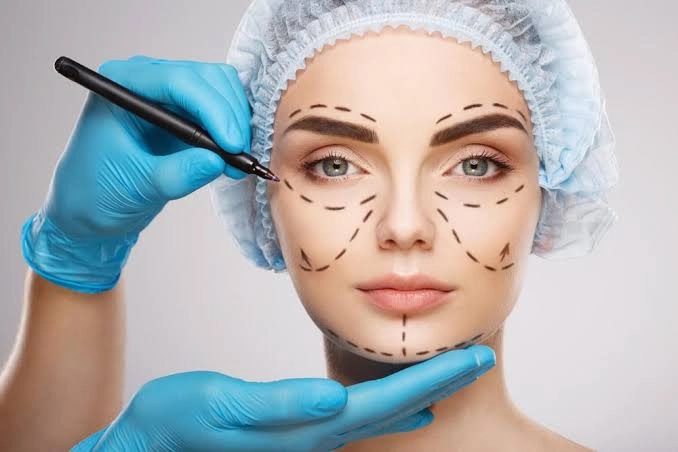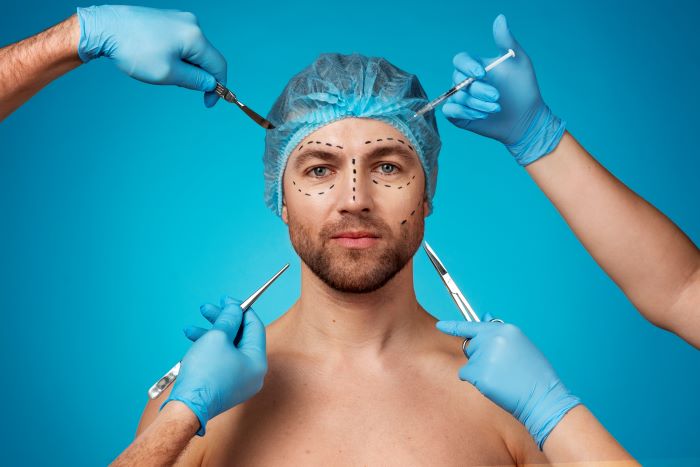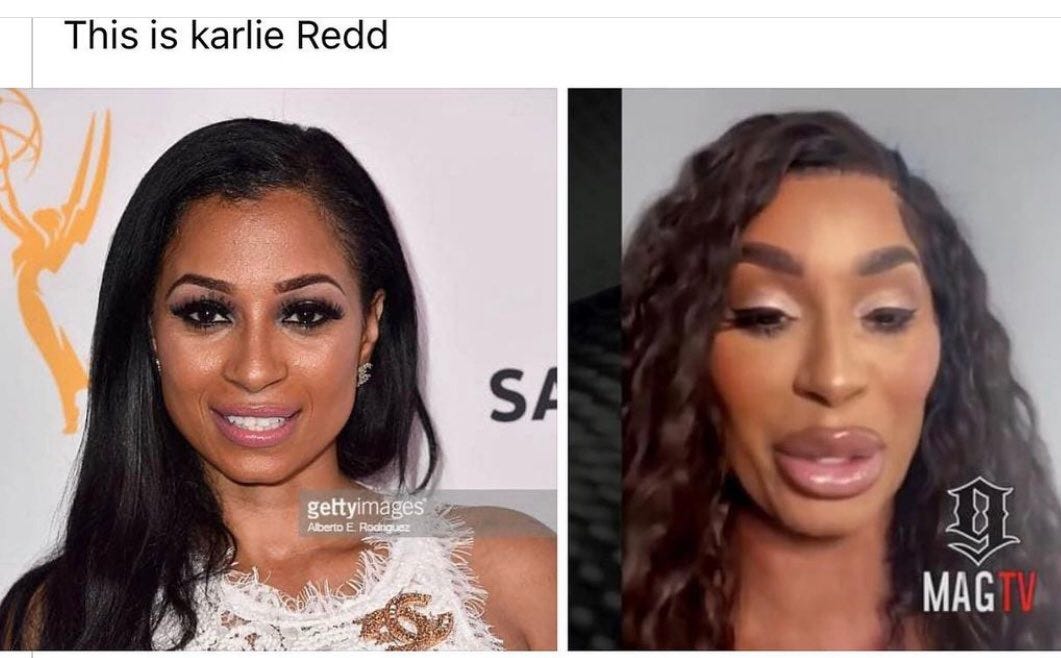Examining the Emotional and Social Factors That Drive People to Consider Cosmetic Surgical Procedure as a way of Renovation
The choice to go after cosmetic surgery commonly extends beyond plain looks, linking with social and psychological characteristics that merit thorough examination. Elements such as self-confidence, pervasive societal charm requirements, and the pervasive influence of social media converge to shape specific inspirations for surgical enhancement. As these influences end up being significantly famous, comprehending the underlying psychological and cultural contexts is vital. What continues to be to be checked out is the profound effect these variables have not only on personal identification yet likewise on wider societal norms and values bordering elegance and acceptance.
The Duty of Self-worth
Self-confidence substantially influences an individual's choice to pursue plastic surgery. Individuals with reduced self-worth often view themselves in an unfavorable light, causing sensations of insufficiency regarding their physical appearance. This unfavorable self-perception can drive them to seek medical interventions as a method of boosting their self-image. The wish for renovation in one's appearance is regularly linked to an idea that such changes will elevate their total self-regard and confidence.

Inevitably, the function of self-esteem in the decision-making process pertaining to plastic surgery highlights the complicated interplay in between body image, individual complete satisfaction, and mental wellness. Recognizing this relationship is vital for health care experts to guarantee that clients are making informed choices rooted in sensible assumptions and emotional wellness.
Social Elegance Criteria
Influenced by prevalent media representations and social narratives, social elegance standards play a vital duty fit individuals' perceptions of their own bodies. These criteria are usually identified by an idealized type of charm that highlights traits such as proportion, slimness, and youthful vigor. As these perfects are bolstered through different networks, including tv, advertising and marketing, and movie, individuals frequently internalize these messages, causing discontentment with their all-natural appearance.
The implications of these social norms prolong past visual preferences; they can affect self-worth, mental health, and interpersonal relationships. Individuals who view themselves as falling brief of these requirements might experience sensations of inadequacy, prompting a wish for cosmetic surgery as a way of achieving societal approval. This search is typically sustained by the belief that complying with these perfects will enhance not only physical appearance but also social standing and personal fulfillment.

Impact of Social Media
The influence of social beauty standards is more amplified by the rise of social media sites systems, where curated photos and idyllic depictions of beauty are ubiquitous. Customers are regularly subjected to filteringed system and modified photographs, which frequently illustrate unattainable physical attributes. This exposure cultivates a society of comparison, weblink leading people to assess their own appearance versus these often impractical standards.
Social media influencers and stars frequently advertise cosmetic treatments, stabilizing the notion that surgical enhancements are a viable means for achieving social suitables (plastic surgery rancho cucamonga). The presence of these enhancements can develop an understanding that undertaking plastic surgery is a standard technique, therefore influencing individuals to think about similar treatments as a path to improved self-confidence and social acceptance
In addition, the index interactive nature of social media sites permits for prompt responses through sort and remarks, even more strengthening the wish to satisfy preferred beauty criteria. Such interactions can worsen feelings of insufficiency and drive individuals toward cosmetic surgical procedure as a way of gaining recognition. Inevitably, social networks plays a critical role fit assumptions of elegance, which significantly influences the decision-making processes surrounding cosmetic surgical procedure.

Social Perspectives on Look
Throughout different societies, assumptions of appearance are deeply rooted in historic, social, and economic contexts, shaping individuals' views on appeal and value. In many cultures, appearance works as a substantial marker of identity, affecting social standing, professional possibilities, and individual connections. For example, in some cultures, light skin is typically connected with riches and benefit, while others may idealize darker complexion as signs of strength and credibility.
Furthermore, traditional beauty standards are commonly bolstered through cultural stories, media depictions, and household affects, resulting in differing perfects across different areas (plastic surgery rancho cucamonga). In Western cultures, the focus on youth and fitness often drives people toward cosmetic improvement, while in specific Eastern societies, more refined modifications aligned with typical visual appeals may be preferred
Globalization and the expansion of electronic media have further complicated these dynamics, creating a hybridization of elegance suitables that transcends geographical limits. As people progressively browse these social narratives, the stress to adapt certain look criteria can cause the wish for cosmetic surgical procedure, reflecting a complex interplay of personal goals and social worths. Comprehending these cultural perspectives is essential in attending to the motivations behind cosmetic surgical treatment factors to resource consider.
Mental Impacts of Cosmetic Surgical Procedure
Several people seeking cosmetic surgery record experiencing profound emotional impacts that can significantly modify their self-perception and psychological wellness - plastic surgery rancho cucamonga. The wish for physical enhancement commonly comes from underlying issues such as reduced self-esteem, body dysmorphic condition, or societal pressures concerning charm requirements. For some, the instant post-operative phase can cause a momentary boost in self-esteem and contentment with their look, fostering a sense of empowerment
However, these favorable feelings might not be withstanding. Study indicates that while some patients experience enhanced self-confidence, others may face increased anxiety or depression if their assumptions are not satisfied. This discrepancy can develop from unrealistic suitables bolstered by media depiction and cultural stories bordering charm.
Additionally, the mental ramifications of plastic surgery expand beyond the person. Relationships with friends and family might be stressed as social characteristics shift, bring about feelings of seclusion or alienation. Ultimately, the emotional influences of plastic surgery are diverse and complex, needing cautious factor to consider by both potential individuals and doctor to guarantee enlightened decision-making and realistic expectations.
Conclusion
Finally, the decision to pursue cosmetic surgical procedure is significantly influenced by a mix of self-worth issues, societal elegance standards, and social perspectives on appearance. The pervasive reach of social media further worsens these pressures, advertising unrealistic perfects that people often aim to acquire. Recognizing these social and psychological factors is essential for resolving the inspirations behind cosmetic surgery, highlighting the demand for a much more nuanced discussion bordering beauty and self-acceptance in contemporary culture.
The choice to go after cosmetic surgical procedure often extends beyond mere aesthetic appeals, intertwining with emotional and social characteristics that warrant complete exam. Inevitably, social media plays an essential function in forming perceptions of appeal, which dramatically affects the decision-making procedures surrounding cosmetic surgical procedure.
As people significantly navigate these social narratives, the stress to adjust to specific appearance criteria can lead to the wish for cosmetic surgery, showing a complicated interaction of individual goals and social worths.In conclusion, the decision to go after cosmetic surgery is considerably influenced by a mix of self-esteem problems, social appeal standards, and social perspectives on appearance. Recognizing these social and mental elements is crucial for resolving the inspirations behind cosmetic surgery, highlighting the demand for a much more nuanced discussion surrounding beauty and self-acceptance in modern society.